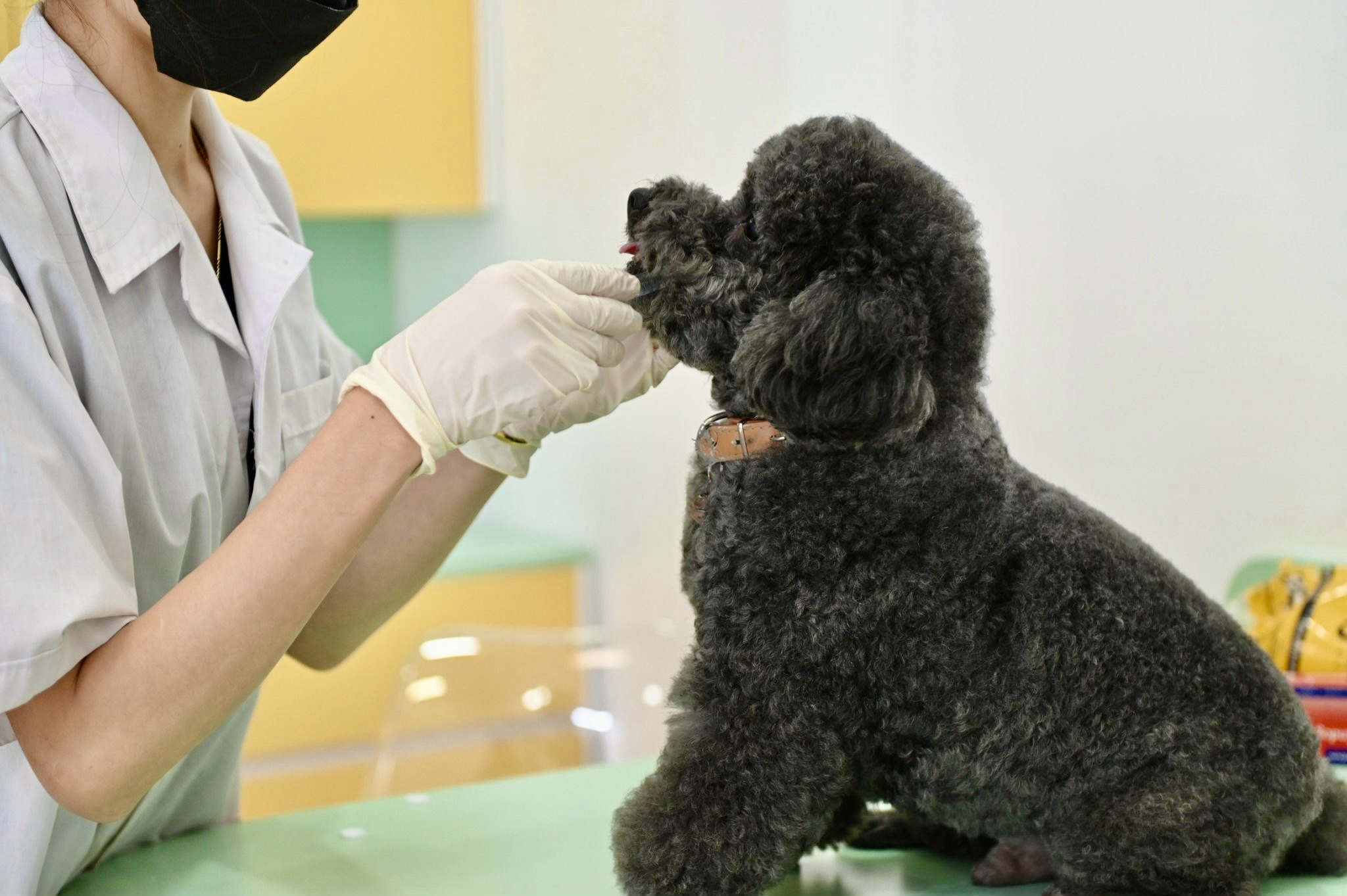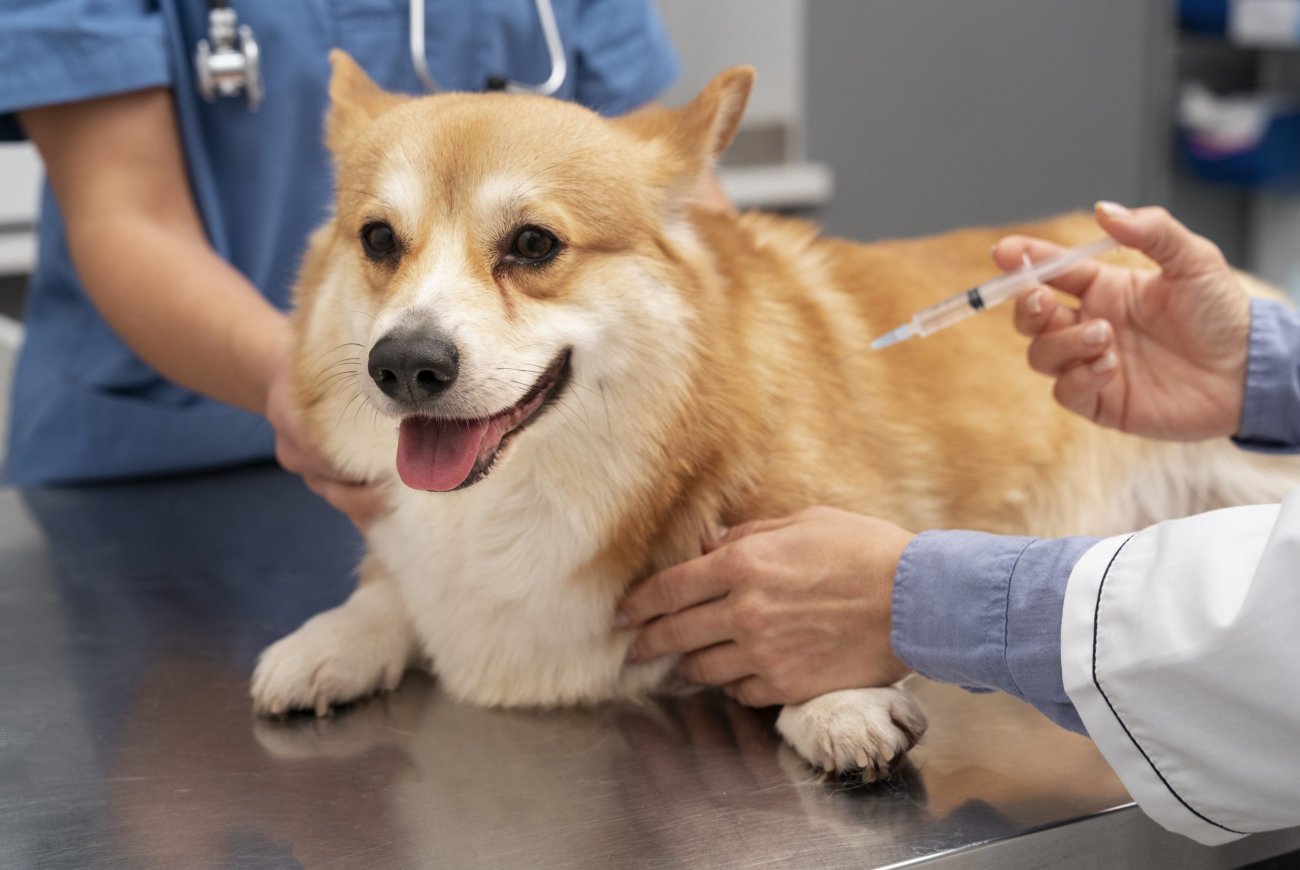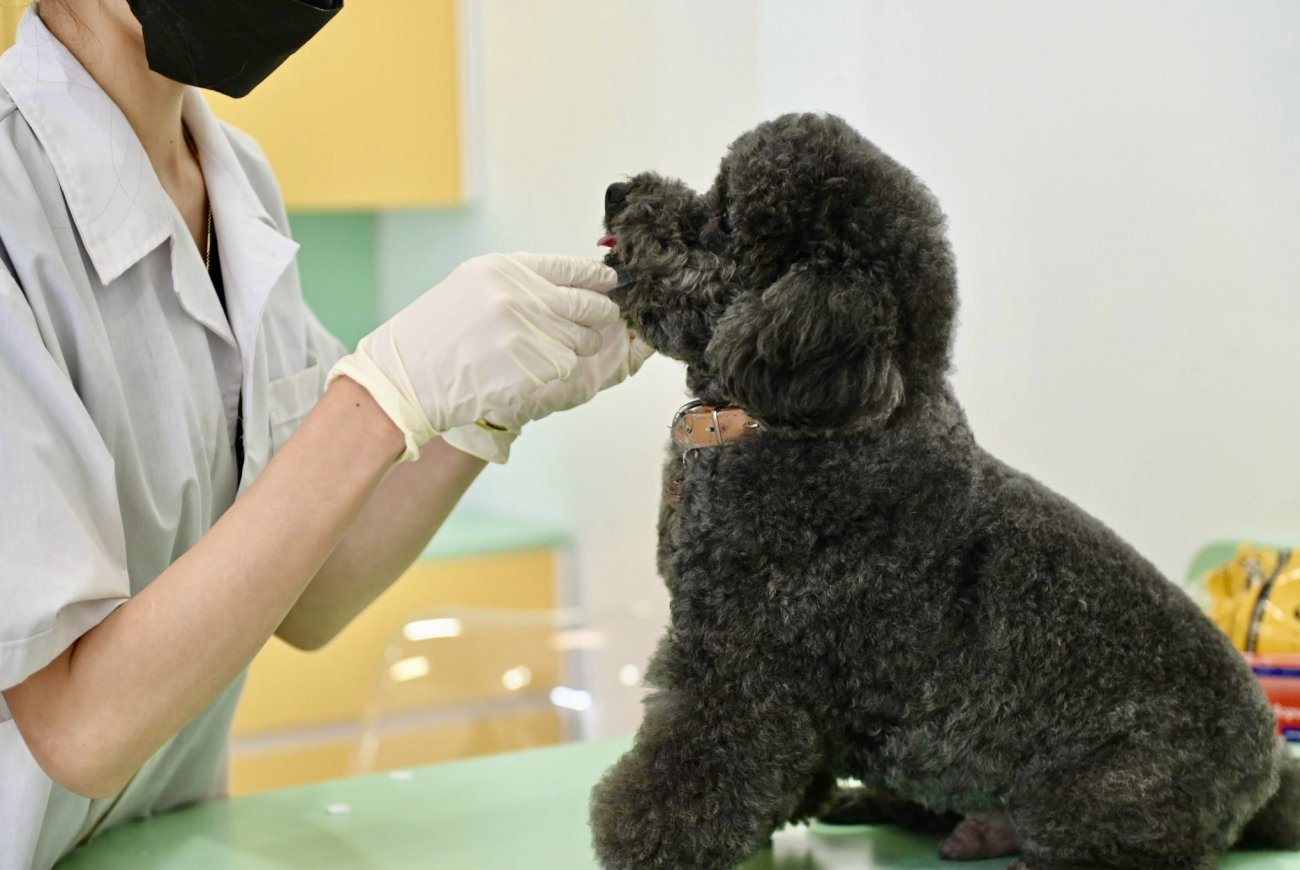Canine Distemper is a major concern for dog owners due to its high mortality rate and the severe damage...
The Importance of Rabies Vaccination for Your Pets
As a responsible pet owner, ensuring the health and safety of your furry companions is paramount. Rabies is a deadly viral disease that poses significant risks not only to animals but also to humans. Protecting your pets through vaccination is crucial. Here, Pet Residence outlines essential information about rabies vaccination for dogs and cats.

When to Vaccinate Your Dog Against Rabies
Veterinary experts recommend starting your dog’s vaccination schedule at 8 weeks old. Rabies vaccination, specifically, should begin at 3 months old. If your pet has not yet been vaccinated, avoid letting it interact with other animals or people until it has been monitored for a week to ensure it shows no signs of illness. Vaccines contain weakened viruses; if the pet is already infected, vaccination could worsen its condition.

Vaccinating too early can disrupt natural immunity and insufficiently protect the pet, making it susceptible to other illnesses. Premature vaccination increases the risk of adverse reactions. Additionally, pregnant pets should not be vaccinated, as it can be harmful to both the mother and her offspring.
What Causes Rabies?
Rabies is caused by the Lyssavirus from the Rhabdoviridae family. This virus is present in the saliva of infected animals and spreads through bites or contact with mucous membranes or broken skin. After entering the body, the virus travels through nerves to the brain, causing encephalitis. The incubation period varies from weeks to months, depending on the bite’s location and the body’s immune response.
Why Vaccinate Your Dog Against Rabies?
Vaccinating pets against rabies is essential for several reasons:
- Severe and Rapid Progression: Rabies progresses quickly and is extremely dangerous if not treated promptly.
- Transmission Risk: Infected dogs can transmit rabies to other animals and humans, often resulting in fatal outcomes.
Is One Rabies Vaccine Shot Sufficient?

A single rabies vaccine shot is not enough. Veterinarians recommend an initial series of 3 shots, spaced 3-4 weeks apart, to build a robust immune response. Rabies vaccination should start when the dog is 12 weeks old. Some vaccines require annual boosters to maintain immunity.
Duration of Rabies Vaccine Effectiveness
Completing the initial series ensures that the vaccine will protect for approximately 12 months. During this period, the dog’s immune system can effectively combat the virus if exposed. To maintain this protection, annual booster shots are necessary.

Why Might Vaccinated Dogs Still Contract Rabies?
Several factors can lead to this situation:
- Health Status: Even vaccinated pets can be at risk if their immune systems are compromised.
- Virus Variability: The rabies virus can mutate, and new or stronger strains may evade the vaccine’s protection.
- Vaccine Issues: Improper administration, manufacturing errors, expired vaccines, or incorrect storage can all reduce the vaccine’s effectiveness.
Preventing and Managing Rabies in Pets
- Regular Vaccinations: Ensure pets receive annual rabies vaccinations.
- Initial Vaccinations: Start puppies’ vaccinations at 4 weeks old or at 3 months if the mother is vaccinated.
- Monitor Health: Seek veterinary care if pets show unusual symptoms like loss of appetite or fever.
- Maintain Hygiene: Keep pet living areas clean.
- Proper Disposal: Dispose of deceased animals correctly to prevent disease spread.
Important Precautions for Rabies Vaccination
- Ensure Health: Only vaccinate healthy pets. Avoid vaccination if the pet shows signs of illness. Have a vet check-up beforehand.
- Avoid During Pregnancy: Vaccinating pregnant pets can harm the unborn.
- Pre-Vaccination Care: Provide good nutrition and care to ensure pets are in optimal health.
- Post-Vaccination Care: Avoid bathing pets for a week after vaccination and monitor for any adverse reactions. Keep living areas clean.
Rabies is a serious and fast-spreading disease. Vaccination and proper care are essential to prevent it and ensure the well-being of your pets and family.







